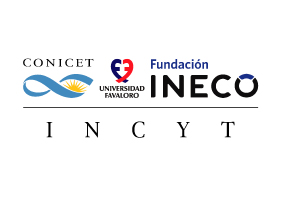Whether people believe fake news because they want to or because we just don’t focus enough on the veracity of the consumed piece of information, we know that beliefs about COVID-19 correlate with compliance to recommended public health behaviours, thus affecting the sanitary state of a region. This is one of the first exploratory studies in Argentina to study it. The participants (N = 2235) answered a survey with demographic data, information consumption habits and the last presidential vote cast, then 9 false news and 9 real news related to COVID were presented in random order with questions about familiarity, emotional response, willingness to share and truthfulness of each stimulus. Upon completion, the participants had to complete the Cognitive Reflection Test as a measure of propensity to engage in a detained and analytical mode of thinking as well as two proxies of metacognition (self-assessment of performance) and conspiratorial thinking. Some of the preliminary results of this study seem to locally confirm hypotheses present in the literature about the effect of familiarity on accuracy when evaluating the veracity of the news or an inverse correlation between age and performance. While other results revive the discussion about the possible link between the vote cast, the political content of the stimuli and the accuracy of the subjects, as well as show an inverse correlation between CRT and confidence that official bodies provide true information about the pandemic.

Menu
E-poster
Session: 8
PS8-09 | Cognitive mechanisms of the persistence of fake news about COVID-19
Manuel Serodio
Laboratorio de Memoria y Cognición Molecular, Instituto de Neurociencia Cognitiva y Traslacional, CONICET-Fundación INECO-Universidad Favaloro
- CABA,
- Argentina
- Manuel Serodio1
- , Alejo Barbuzza2
- , Olivia Sohr3
- , Pedro A. Bekinschtein1
- 1. Laboratorio de Memoria y Cognición Molecular, Instituto de Neurociencia Cognitiva y Traslacional, CONICET-Fundación INECO-Universidad Favaloro
- 3. Coordinadora de investigaciones de Chequeado
